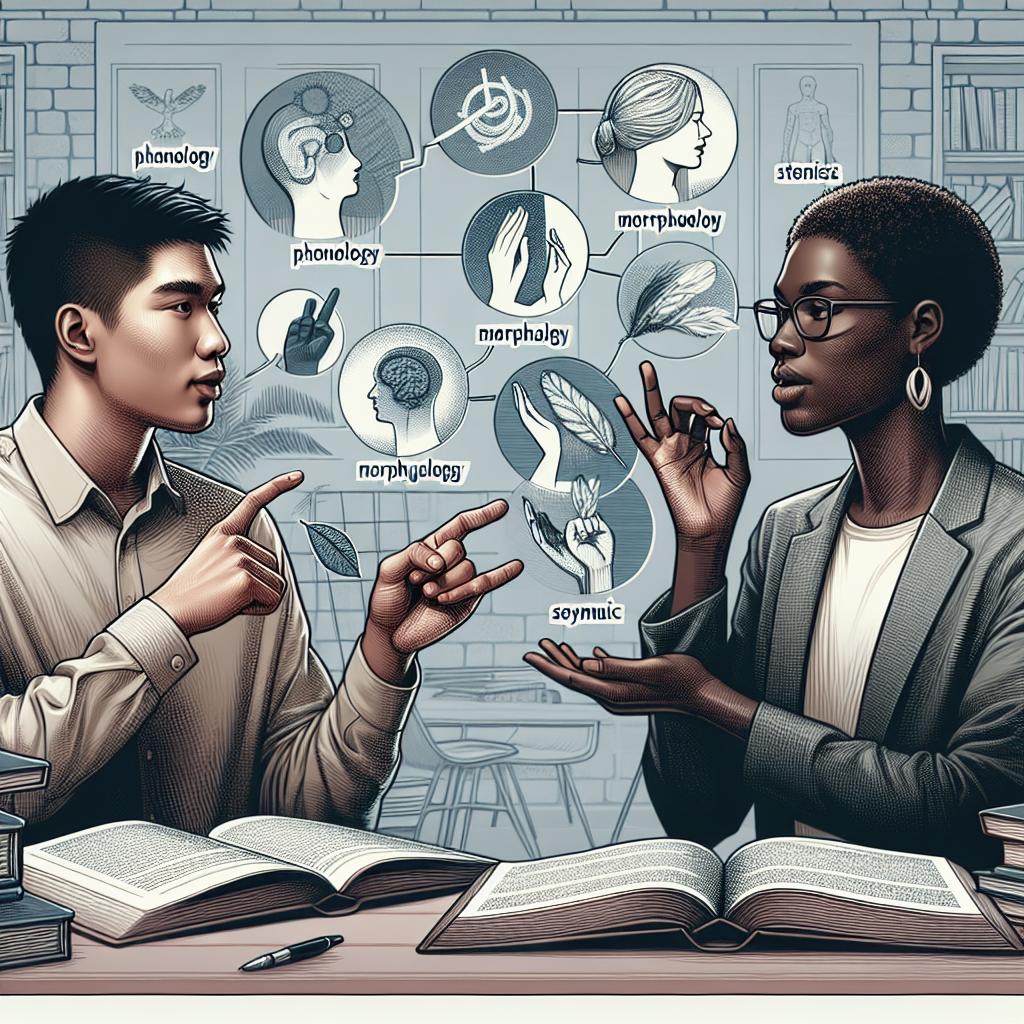<>
« `
Globalization has reshaped many aspects of human life, and language is no exception. From the spread of a few dominant languages to the decline of minority languages, the impact of globalization on languages is profound and multifaceted. In this blog post, we will delve into various impacts, examining both positive and negative consequences. We’ll explore how globalization fosters language learning and cultural exchange while also posing threats to linguistic diversity. Furthermore, we will look at potential future scenarios and how technology might play a role in preserving languages.
Impacts of Globalization on Languages
Spread of Dominant Languages
One of the most apparent impacts of globalization on languages is the spread of dominant languages, particularly English. As the primary language of international business, science, technology, and entertainment, English has become a lingua franca, facilitating communication across borders. Globalization has enabled the distribution of English through media, the internet, and education systems worldwide, strengthening its presence in non-native speaking countries.
This widespread use of English, however, often comes at the expense of local languages. Nations and individuals may prioritize learning English over their native languages to access better educational and professional opportunities. This shift can lead to the erosion of local languages, as younger generations become more proficient in English and less so in their mother tongues. The phenomenon is not limited to English; other dominant languages, such as Spanish, Mandarin, and French, also experience similar spread due to globalization.
Threat to Linguistic Diversity
Globalization has a profound impact on linguistic diversity, often leading to the extinction of minority languages. As dominant languages spread and become more widely used, minority languages—those spoken by smaller populations—struggle to survive. UNESCO estimates that one language disappears every two weeks, a trend accelerated by globalization. When a language dies, it takes with it unique cultural and historical perspectives, often leaving communities disconnected from their ancestral heritage.
Efforts to preserve endangered languages face significant challenges in a globalized world. Without active measures, such as documentation, revitalization programs, and the integration of minority languages into modern media and education systems, many languages are at risk of vanishing. The stakes are enormous, as each language embodies a distinct way of understanding the world, along with a wealth of knowledge about local ecosystems, medicinal practices, and oral traditions.
Language Learning and Cultural Exchange
On a more positive note, globalization facilitates language learning and cultural exchange on an unprecedented scale. Through advancements in technology, particularly the internet, people can access language learning resources and engage with speakers from around the world. Online language courses, mobile apps, and social media platforms make it easier for individuals to become multilingual, fostering greater intercultural understanding and cooperation.
Cultural exchange, enabled by globalization, can enrich societies by introducing diverse linguistic elements into mainstream culture. Borrowed words, phrases, and idioms become part of everyday vernacular, reflecting a blend of traditions and ideas. This cross-pollination of languages can lead to more inclusive and culturally aware communities, celebrating diversity rather than suppressing it.
The Role of Technology in Language Preservation
Technology plays a crucial role in both the preservation and revival of endangered languages. Digital tools and platforms offer innovative ways to document and teach minority languages. For instance, smartphone apps, language repositories, and virtual reality experiences can makes these languages more accessible to younger generations and global audiences. This kind of digital archiving helps maintain detailed records of linguistic features, ensuring that even if a language is no longer spoken daily, its structure, vocabulary, and nuances are preserved.
Additionally, social media and other online communities can provide platforms for speakers of minority languages to connect, share resources, and promote their cultural heritage to a broader audience. Technology can thus be a double-edged sword: while it facilitates the spread of dominant languages, it also offers powerful tools for the preservation of linguistic diversity. Transforming how languages are transmitted and maintained could be key to sustaining the world’s linguistic richness.
Future Prospects
Looking ahead, both the challenges and opportunities presented by globalization will continue to shape the linguistic landscape. Continued efforts to promote multilingualism and cultural appreciation will be crucial in balancing the gains and losses brought about by globalization. Governments, educational institutions, and communities must work together to create inclusive policies that protect and celebrate linguistic diversity. Collaboration between technologists and linguists can drive innovative solutions for language preservation.
Building a future where both dominant and minority languages thrive requires conscious effort and resource allocation. Embracing the benefits of globalization while mitigating its adverse effects will pave the way for a richer, more interconnected world. Understanding and preserving our linguistic heritage not only pays homage to our history but also fortifies our future, enriching global cultural dialogue and mutual understanding.
| Aspect | Impact |
|---|---|
| Spread of Dominant Languages | Increased use of English and other dominant languages; potential erosion of local languages. |
| Threat to Linguistic Diversity | Extinction of minority languages; loss of cultural heritage and knowledge. |
| Language Learning and Cultural Exchange | Facilitated multilingualism; enriched societies through cultural exchange. |
| The Role of Technology | New methods for language preservation and revitalization; digital archiving and online communities. |
| Future Prospects | Potential for balanced linguistic landscape; need for collaborative efforts to protect diversity. |
In case you still have your doubts, contact us on 9811333901
Leave a Comment Cancel Reply
« `


